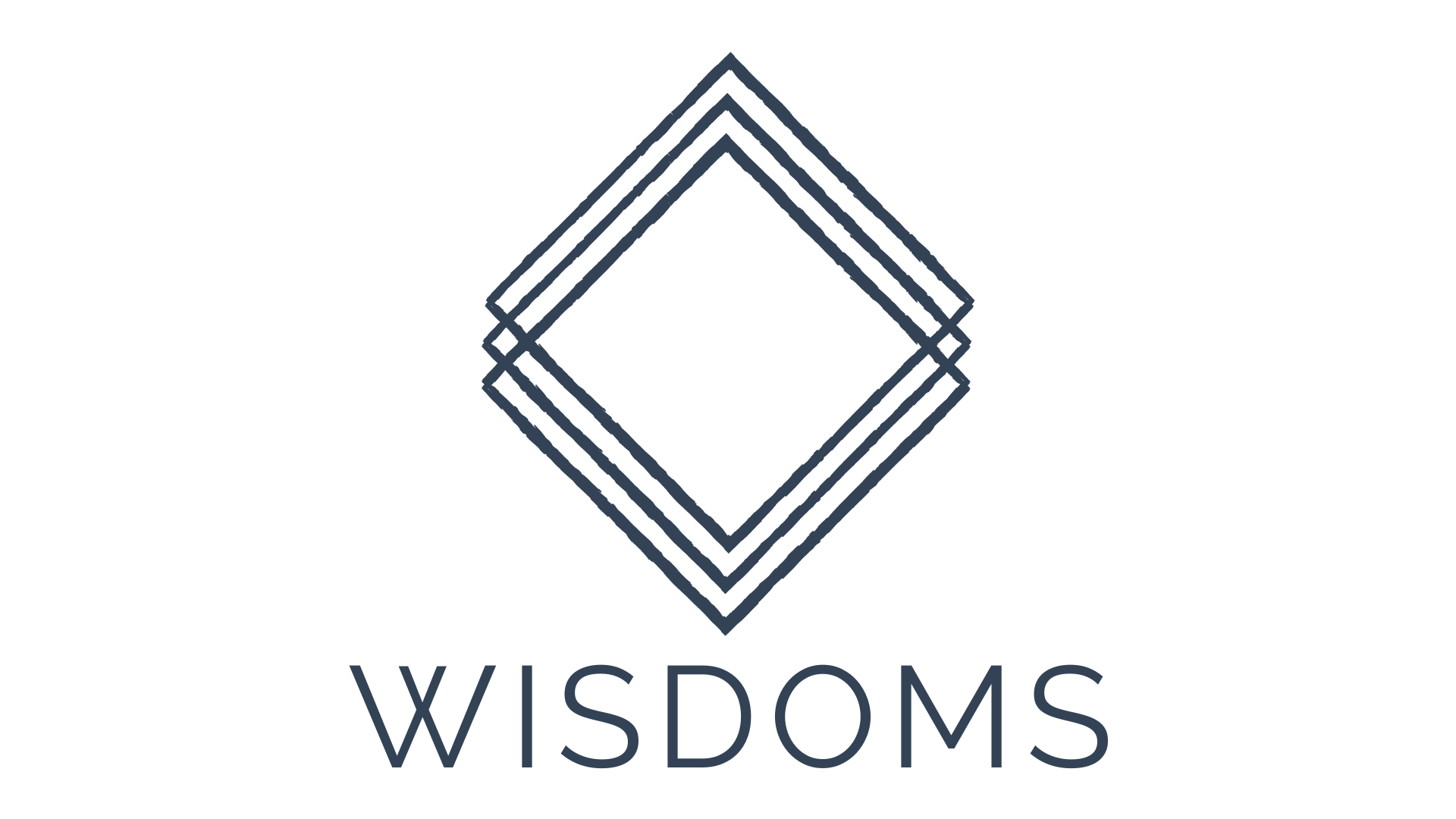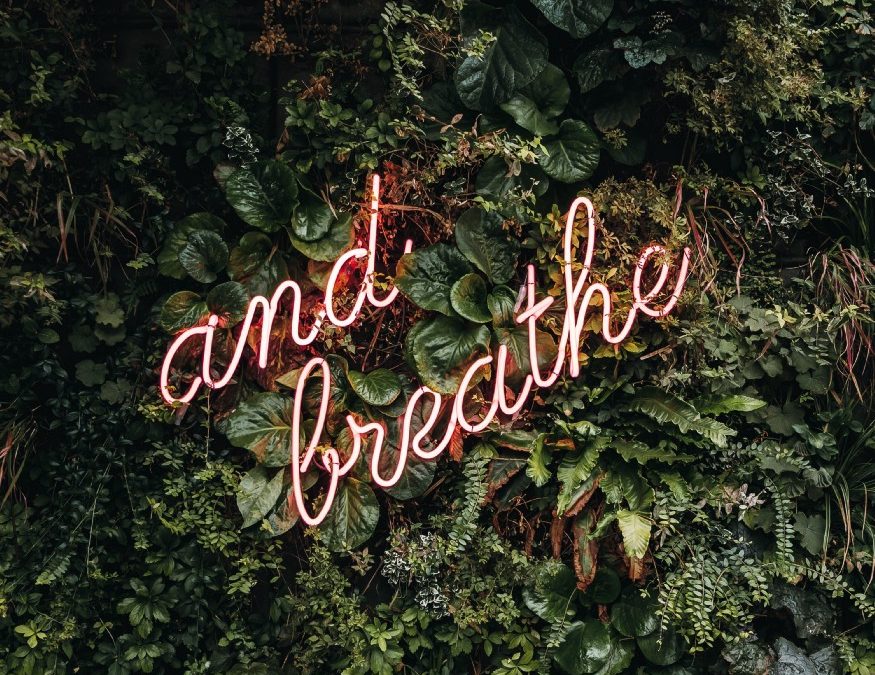The entrance of a conference centre had a huge message marked out in stone on a wall that curved as you drove up the driveway. It said WELCOME. A simple message we often see. But this time I paid attention to the word and it struck me deeply.
Here was an invitation to “come to wellness”, “to become well”, and even “to come to the well”. We don’t think of wells too much these days. However, there are rich meanings in the metaphor of a well. It’s a place to quench our thirst; a source not only of refreshment but life itself; it is a shared and communal resource; a gathering place expressing community living.
That invitation, at the time, was like taking a deep breath after being under water for a long time. Something loosened in me without me realizing how tightly wound I actually had been. It was the beginning of a pathway to wellness for me.
Wellness is a holistic concept encompassing all dimensions of our being. I am going to go through various aspects of what I think it takes to be well.
Before I begin though I want to say two important things. Firstly, I doubt you will find anything here you don’t already know. Wisdom is such because it is true not always because it is new. The point is to give you an overview so that something sparks within you to say, “That’s what I need.”
Secondly, this is not a “To Do” list. It is not a guilt trip. This is not about wagging a finger and saying this is what you MUST do to be healthy and well. Few people are motivated in this way. Again, the idea is simply, over the next few days, to itemize some key aspects of well-being that we can consider continuing or practicing as we enter a New Year.
I start with the physical aspect. Below are some areas for you to think about.
1. Healthy eating and drinking
I am no dietary expert. In fact, the conflicting advice, the variety of research and the different types of diets are all very confusing. So I am not going make any pronouncements of what I think you should eat.
All I want to say is consider what you are eating. Are you providing your body with the best nutrients for your health, strength and longevity?
I am not even sure how much water to recommend you drink because again there seem to be a number of views. However, I think it is universally accepted that drinking water is a good thing — do that!
2. Exercise
Here are some of the advantages listed for exercising:
- lowers blood pressure
- positive effect on cardiovascular and respiratory systems
- normalizes metabolism
- burns excessive body fat
- improves energy and performance
- improves mental alertness
- increases HDL (high-density lipoprotein) cholesterol levels that protect us against heart attacks
- releases endorphins that improves one’s mood and confidence
- restores low levels of certain chemicals in depressed people
- lower risk of colon, brain and kidney cancer
- stimulates bone and muscle tissue countering the effects of aging.
Smart exercise is physical activity that raises your heart and breathing rate and results in sweating. Most health experts suggest 20 to 40 minutes a day 3 to 5 times a week. However, even small amounts help.
Let me say straight out that I hate going to gym. I tried it. I didn’t enjoy it. I love walking. I enjoy getting outside. On my own I get time to think and also enjoy nature. Or I walk with my husband and we get to catch up on the day.
I am not say you must walk. I am saying find what works for you rather than what you think you should do. My sister-in-law loves boxing. My Mom skipped for most of her life. What is do-able for you?
3. Rest
Who knew there could be so much debate about sleep! Arnold Schwarzenegger is not a proponent of too much sleep. Ariana Huffington, who fell asleep on her feet and ended up cracking her cheek bone on her desk, is an ardent advocate of getting enough rest.
There have been times in my life where I have lived on 5 hours sleep a night for several months and managed fine. But I did need some time to catch up after the big project was over. Like most parents I’ve had years of broken sleep — not fun but I got through it. And I’ve had seasons of eight hours of sleep a night.
It seems researchers are discovering more and more how unique each of us are. So making blanket statements about how much sleep we need is probably not helpful. I know one woman who has lived most of her life as an insomniac and is now completely used to three to four hours of sleep a night, while other friends of mine can’t survive without at least eight.
Whatever works for you, do not underestimate the healing nature of rest. Rest may take the form of sleep, day dreaming, lying in the sun, reading a book, blobbing in front of the TV.
Think about how you can take regular time out for yourself
· on a daily basis
· on a weekly basis
· on a quarterly basis
· on an annual basis.
4. Breathe
We take breathing absolutely for granted but shallow breathing from the chest alone can cause a build up of carbon dioxide in our bodies and a lack of oxygen. An inadequate supply of oxygen to the muscles makes them tense and tired. Too little oxygen to the brain leads to confusion and anxiety, sleep is affected, your digestive system become upset, and your immune system can be compromised.
It seems the weirdest thing but we need to re-learn the most basic instinct we have — to breathe. We need to retrain ourselves to breathe deeply using our diaphragms to expel the old, stale air and breathe in the new, fresh air.
Breathing properly and taking deep breaths every now and then helps us to relax and slow down our pace. It also helps us manage nervousness and even anxiety.
Just as you feel your emotions in your body, you can use your body to change your emotions. Purposefully relaxing your muscles, and taking slow, deep breaths can change your mood and help you feel better able to cope.
May it go well with your physical well-being.

